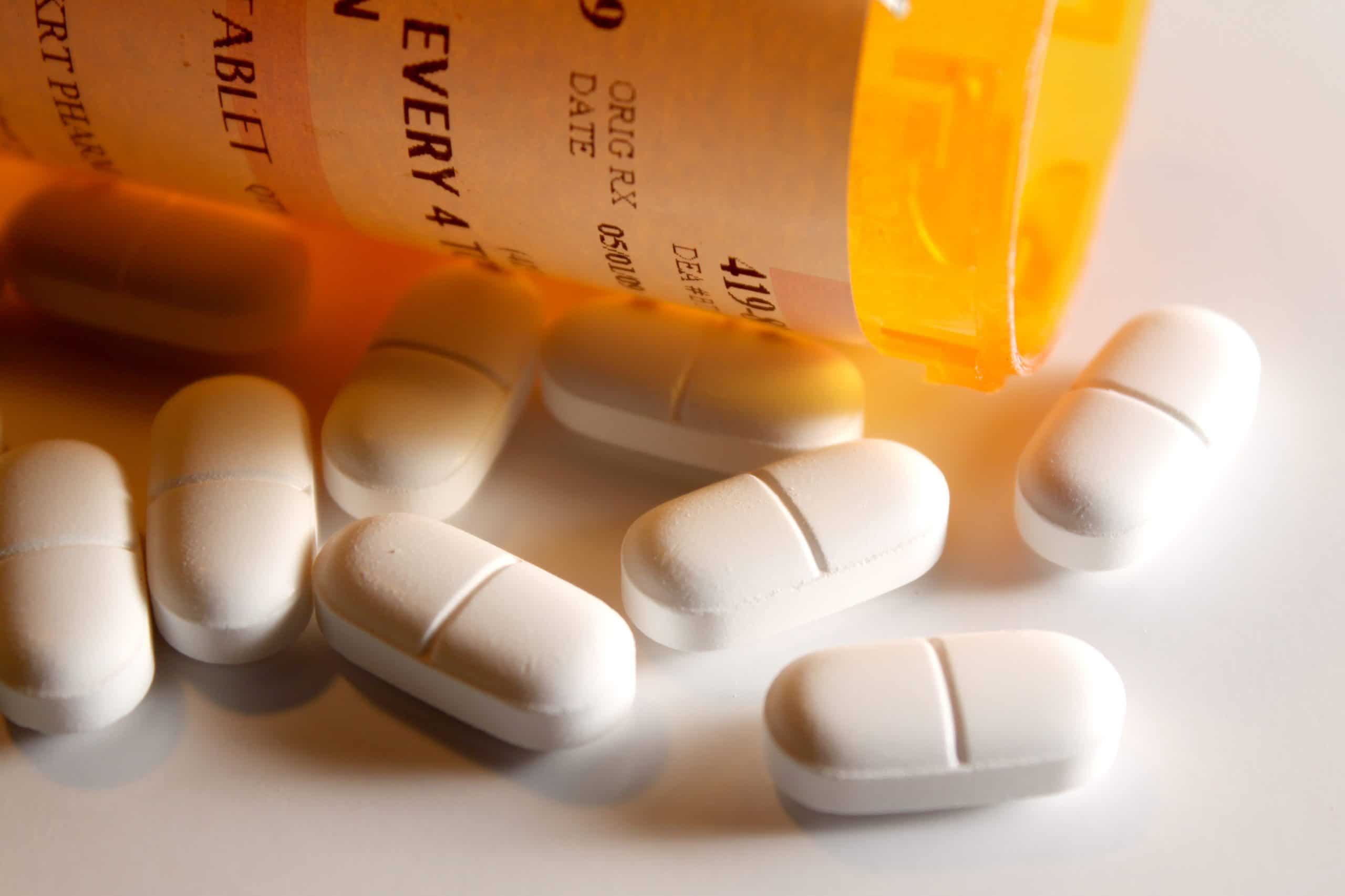Once thought to be a powerful and safe solution to treating pain, opioids are now known as the cause of an addiction crisis that will take decades to solve. With over one hundred people in the United States overdosing on opioids every day, the opioid crisis is a public health nightmare. The total cost of prescription opioid abuse and misuse in the United States is nearly 80 billion dollars per year, and this only includes the impact of legal opioids. With prescription opioid use often leading to illicit opioid use, the cost is likely far higher. Even more tragic is that none of the research can capture the human cost.
Each year the opioid crisis results in lost lives, broken families, and broken hearts. Sadly, much of the heartbreak could have been avoided if the pharmaceutical companies had been honest when doctors and patients asked questions, including whether Vicodin is addictive. At Evolve Indy, we‘ve seen the destruction caused by opioids, and we are here to help you change your story.
What Is Vicodin?
Vicodin is a part of the opioid drug class. You may also hear it referred to as Hydrocodone, Lortab, Lorcet-HD, Hycodan, or Vicoprofen. Opioids are very effective when used to treat pain, but they also create feelings of pleasure. By blocking the pain receptors in the brain and then activating other pathways that produce euphoria, opioids create an unusual effect. It is this effect that helps us to understand why it is that Vicodin is addictive. It’s also important to note that Vicodin contains acetaminophen, which carries an additional risk of liver damage when taken in high doses. While medications like Vicodin can be a part of effectively treating acute pain over a short time, long-term use can be problematic and requires a great deal of caution. Fortunately, there has been a great deal of awareness around the addictive nature of opioids, and the number of prescriptions is decreasing substantially.
Is Vicodin Addictive?
Over time, the body adapts to regular opioid use, and individuals have to use higher dosages of opioids to achieve the same effect. It is this increasing tolerance to opioids that creates a perfect storm for addiction and overdose. Once the body adapts to taking opioids regularly, it will revolt when you try to stop. Opioid withdrawal results in various symptoms, including nausea, diarrhea, sweating, agitation, chills, and more. Regular opioid use changes your body and your brain. By attaching to the receptors that control pain and pleasure, Vicodin results in dopamine being released throughout the body. It is this dopamine rush that results in addiction because the individual starts chasing the dopamine. Sadly, the pleasure of the dopamine rush will become an elusive feeling that can’t quite be achieved in the same way again. The chase leads to increased use and higher doses because you can’t quite get to the same high again. When asked if is Vicodin addictive, the answer is one hundred percent yes.
How To Get Help With a Vicodin Addiction
At Evolve Indy, we can support you and your loved ones as you navigate your relationships and addiction. We know the intricacies of being in a relationship with someone struggling with addiction, and we are here to help. Our compassionate and professional staff can help you determine the best course of action for you. We care about your success, and we understand how to help you find long-term sobriety. Our programs range from residential to outpatient and incorporate a multi-faceted therapeutic and holistic approach. We will partner with you to create an individualized treatment plan that blends traditional and holistic therapies to best support you and your recovery. Contact us today to see how we can best help you and your loved one in the journey to sobriety.

